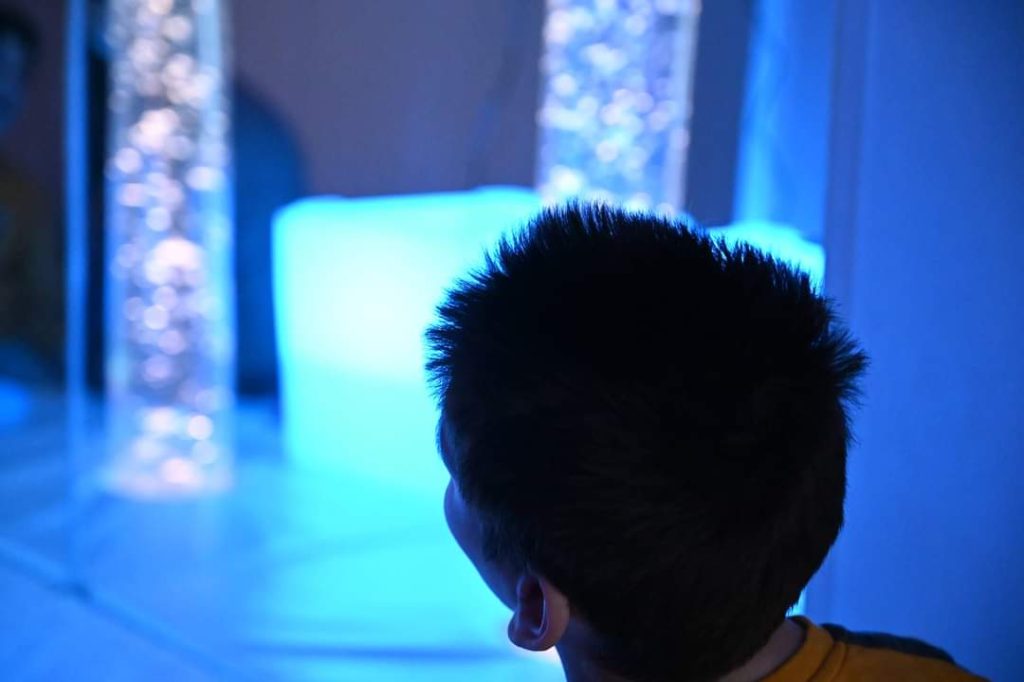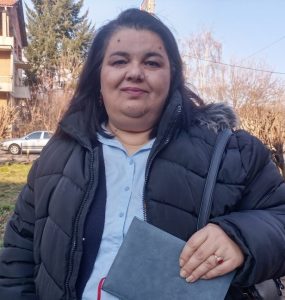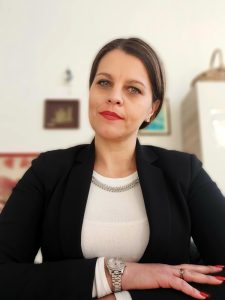Small Steps Towards Big Changes For Children With Disabilities in Macedonian Education
Educational inclusion is a process that lasts more than two decades, which is being delayed not only due to bad laws but also due to low public awareness
Author: Zoran Dimovski
Forty students with disabilities from Polog, starting this school year have educational assistants who provide support in learning, within the schools where they attend classes.
This type of support is prescribed by the Law on Primary Education from August 2019, in terms of providing quality education for all, and from this year is finally being implemented in practice, to improve the inclusive process of this category of children.
Not every school has found the time and way to provide accessibility for children with disabilities. Photo: Truthmeter
Unlike the previous model of educational assistance which was funded through a UNDP project and which focused exclusively on students with special needs, this model provides direct support to both the child and the teacher, as well as the professional services in the schools that cooperate and communicate with parents.
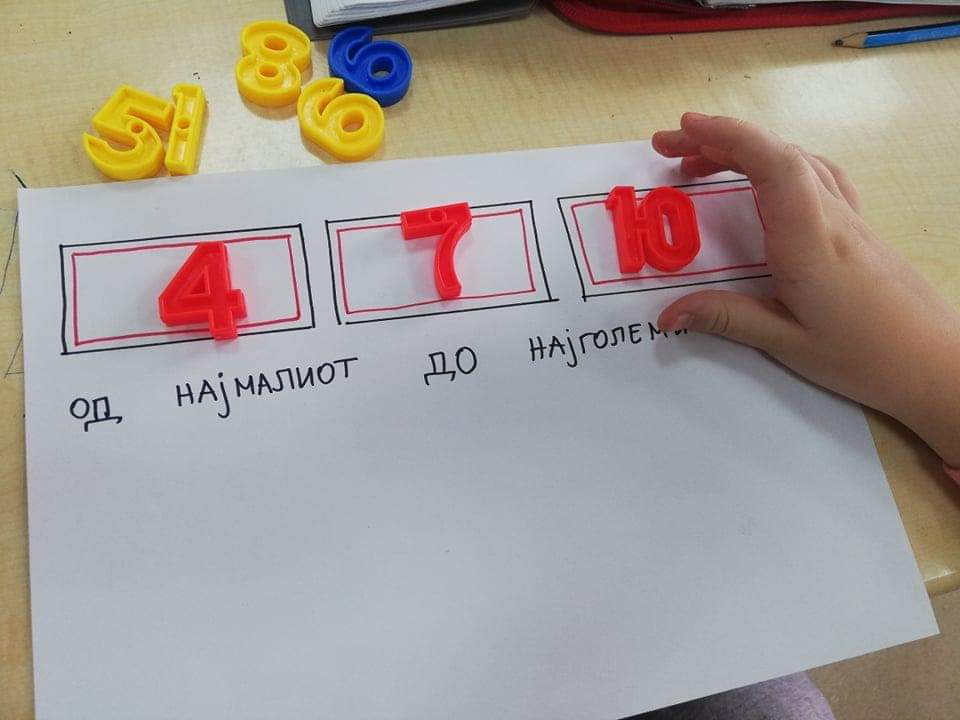
Milica Serafimovska is a special educator and rehabilitator in the primary school with a resource center “Dr Zlatan Sremec” from Skopje, an educational institution that selects and trains educational assistants who are under the state cap from this school year.
The working hours of the educational assistant are eight hours, of which six hours for direct support of the student and two hours for preparation and organization of their own work. The organization and realization of the work of the educational tasks are coordinated by the professional associates from our resource center who are in constant contact with all stakeholders, teachers, professional services and inclusive teams in the schools. Previously, educational assistants were hired for a small financial fee, and they had only one day of training. Now we expect the process of inclusion to be completed, i.e. all children with special needs to be part of the regular classes, Serafimovska says.
The law stipulates that the special classes within the primary schools should be turned into support centers, from where the students who are already involved in the inclusion process will receive support from special educators and rehabilitators. In these classes, children with disabilities will be able to enrol in the next school year, and then the next generations of students will be exclusively part of the inclusive process.
Inclusiveness was legalized more than two decades ago but is still stuck in the mental matrix
The primary school with a resource center “Dr Zlatan Sremec” – Skopje, says that an optimal model has been found for this category of students, but in the end, it is up to the individual on how well they comply with the law.
Although as a country we have already signed and ratified the UN Convention on the Rights of Persons with Disabilities, educational inclusion is a process that lasts more than two decades, which is delayed not because of bad laws, but because of low public awareness, say representatives from “Dr Zlatan Sremec “.
We, as educational institutions, are only one part of the puzzle, which should shape a functional person, who tomorrow will not be at the expense of the system, will be useful and will feel useful. Social inclusion neither begins nor ends with education. It begins with early intervention through education and continues with the employment of people with disabilities, who still face difficulties in accessing the labor market. We must make it clear that students with disabilities are present, they are part of our everyday life and we need to get the best out of them, and for that we need to provide conditions, says Marija Deletikj, director of the primary school with a resource center “Dr. Zlaten Sremec”.
According to her, the model of total inclusion is widely criticized in the public and that is why an information campaign is needed, in order to get better acquainted with it and to clear the dilemmas. Deletikj says that there is no ideal model, but that we should strive to gradually abandon the model of education that stigmatizes, “special classes”, “special schools” and to accept the model that practices creating optimal conditions for the development of all students regardless of disability.
How to achieve full inclusion with infrastructure barriers?
Both Serafimovska and Deletikj agree that local self-government and all schools should make accessibility a priority in budget planning. Accessibility does not only consist of building an access ramp but also providing an elevator, adapted furniture, toilets and the like. Deletikj says that the lack of money to overcome the infrastructural barriers must not be an excuse, i.e. if there is a will, a way will be found. But not every school has found the time and way to provide accessibility.
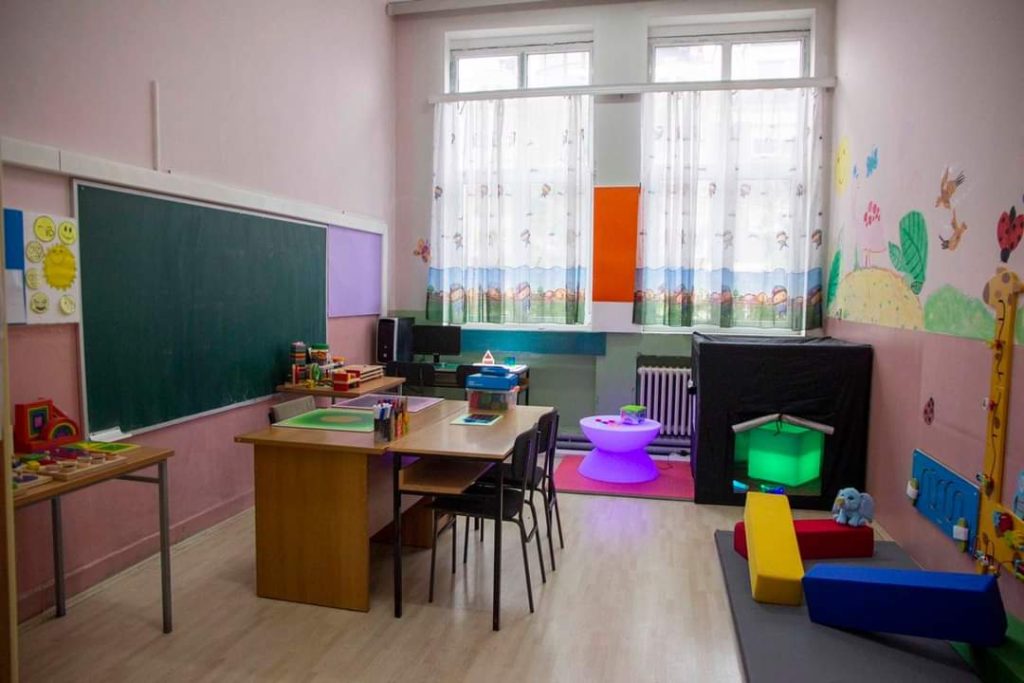
Serafimovska, on the other hand, thinks that we should think about moving towards universal design in the schools. According to her, the whole concept of inclusive education is based on several principles, and that is pedagogy focused on the student and universal design of learning.
It is not necessary to adapt a toilet for a child with special needs only, but that toilet should be suitable for students with and without disabilities. So, every child should be involved in education, but they need adjustment. The moment of segregation should be avoided. This is a complex process, we will go step by step, and in education, I am talking about the financial part, companies should also invest, and thus show social responsibility, Serafimovska says.
The latest report of the European Commission for Macedonia in Chapter 26, in the field of education and culture, states that the country should improve access to quality education for all, especially for children with disabilities.
![]() This article has been produced within the project Fact-Checking the Progress of North Macedonia towards the EU, implemented by the Metamorphosis Foundation. The article, originally published by Truthmeter,, is made possible by the support of the American non-profit foundation NED (National Endowment for Democracy). The content of this article is the responsibility of the author and does not necessarily reflect the views of Metamorphosis, NED or their partners.
This article has been produced within the project Fact-Checking the Progress of North Macedonia towards the EU, implemented by the Metamorphosis Foundation. The article, originally published by Truthmeter,, is made possible by the support of the American non-profit foundation NED (National Endowment for Democracy). The content of this article is the responsibility of the author and does not necessarily reflect the views of Metamorphosis, NED or their partners.
All comments and remarks regarding this and other Vistinomer articles, correction and clarification requests as well as suggestions for fact-checking politicians’ statements and political parties’ promises can be submitted by using this form

